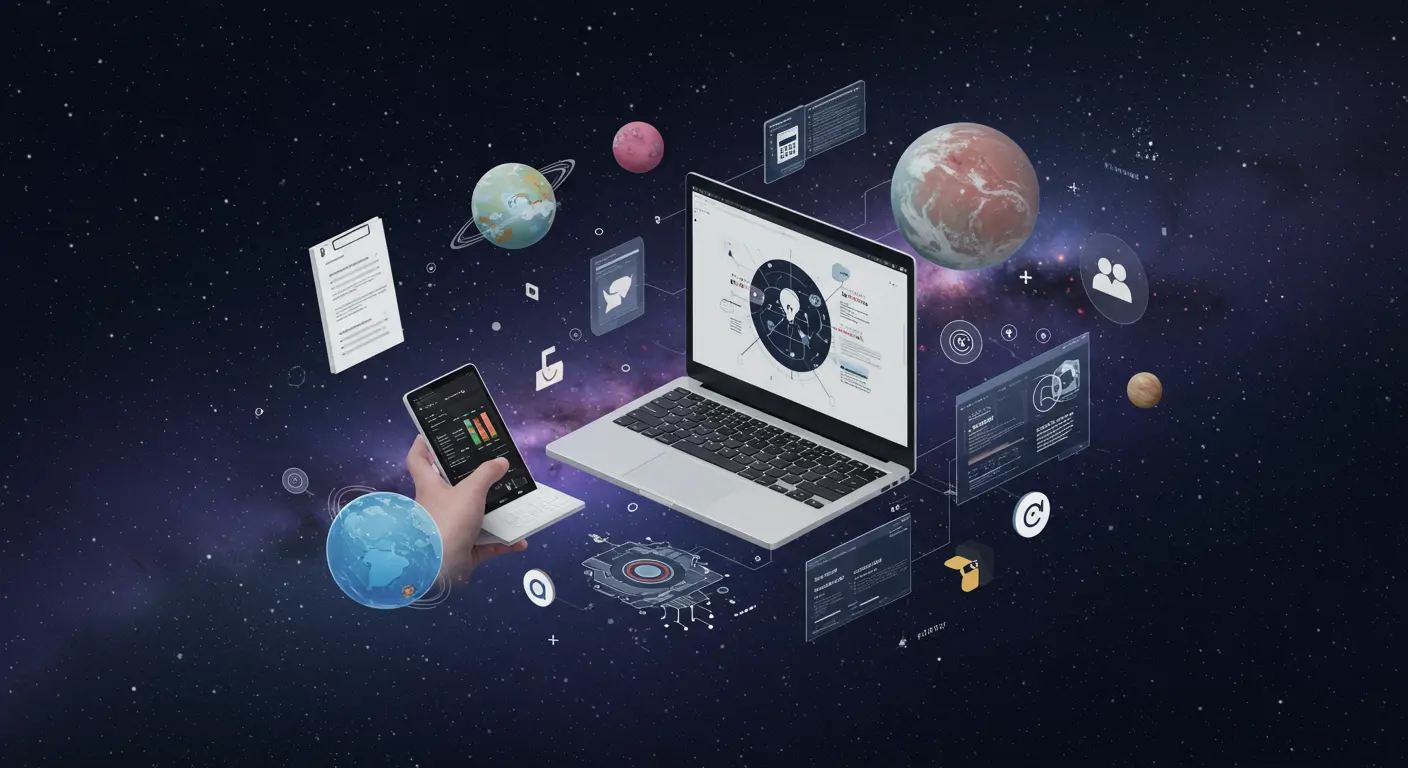Introduction: Why This Matters Now
In 2025, the software development landscape is being transformed by AI-powered autonomous development teams. According to a recent Gartner report, by mid-2025, 40% of Fortune 500 companies are expected to have integrated AI-driven teams, marking a 60% increase since 2023. This trend signifies a seismic shift from traditional development processes, making software creation faster and more efficient. The implications for developers, businesses, and investors are profound, altering the competitive dynamics of the tech industry.
Read time: 10 minutes
The Current State: What's Happening Right Now
In recent developments, companies like Accenture and IBM have spearheaded the integration of AI into their development teams. In Q1 2025, Accenture reported a 35% reduction in time-to-market for their software products due to AI enhancements. Meanwhile, IBM's autonomous AI-driven teams have cut operational costs by 25% as of March 2025. The global AI-driven development market, valued at $9 billion in 2024, is projected to reach $15 billion by the end of 2025 (IDC). Traditional approaches are falling short due to slower adaptation rates and higher operational costs.
Key Drivers: What's Fueling This Trend
Driver 1: Technical Advancements
AI technology has matured rapidly, with advancements in machine learning models and natural language processing enabling self-sufficient dev teams. OpenAI's GPT-4, released in 2024, allows for complex code generation and debugging, reducing human intervention by 40%.
Driver 2: Economic Pressures
The increasing demand for rapid development cycles has pressured companies to optimize costs. AI offers a solution by automating routine tasks, thus cutting down labor costs by an average of 30%, as reported by Deloitte's 2024 Tech Economics Review.
Caption: Data visualization of market growth
Real-World Impact & Case Studies
Case Study 1: Microsoft
- In 2024, Microsoft deployed AI in their development teams to automate testing processes.
- Results: Achieved a 50% increase in bug detection speed.
- Key lesson: Automation in testing can drastically improve software reliability and time efficiency.
Case Study 2: Shopify
- Leveraged AI for customer-centric feature development in early 2025.
- Results: Enhanced user engagement by 20%, with a direct impact on sales.
- Key lesson: AI can effectively tailor software features to meet evolving customer needs.
Industry Implications
For Developers
- DevOps skills in AI and machine learning are becoming essential.
- Increased demand for AI integration specialists.
For Businesses
- Adopting AI can lead to a significant competitive advantage through cost savings and innovation.
- Strategic implementation is crucial to enhance productivity.
For Investors
- Venture capitalists are eyeing AI tools for development as a lucrative investment.
- Risk factors include market saturation and technology obsolescence.
Challenges & Criticisms
Despite its promise, the rise of AI-driven dev teams faces skepticism. Concerns over job displacement and ethical AI usage are mounting. Critics argue that AI may not yet fully grasp the nuances of complex projects, potentially leading to errors. Furthermore, cybersecurity risks associated with AI's autonomy, such as potential data breaches, are significant.
Future Outlook: What's Next
In the short term, expect further refinement of AI tools, with a focus on integrating ethical standards. Long-term, by 2027, AI-driven teams will likely dominate the development landscape, with human oversight ensuring quality and ethical compliance. Key milestones include widespread adoption and regulatory frameworks to govern AI in development.
Frequently Asked Questions
- What skills are essential for developers in AI-driven teams?
- How does AI impact job security in software development?
- What are the ethical considerations of AI in development?
- How can businesses balance AI integration with traditional methods?
Conclusion: Key Takeaways
- AI-powered dev teams are becoming a transformative force in software development.
- Developers should prioritize learning AI and machine learning skills.
- Businesses must strategically adopt AI to remain competitive.
- Investors should watch for AI market expansions and potential risks.
For more insights, follow industry publications and attend tech conferences.




